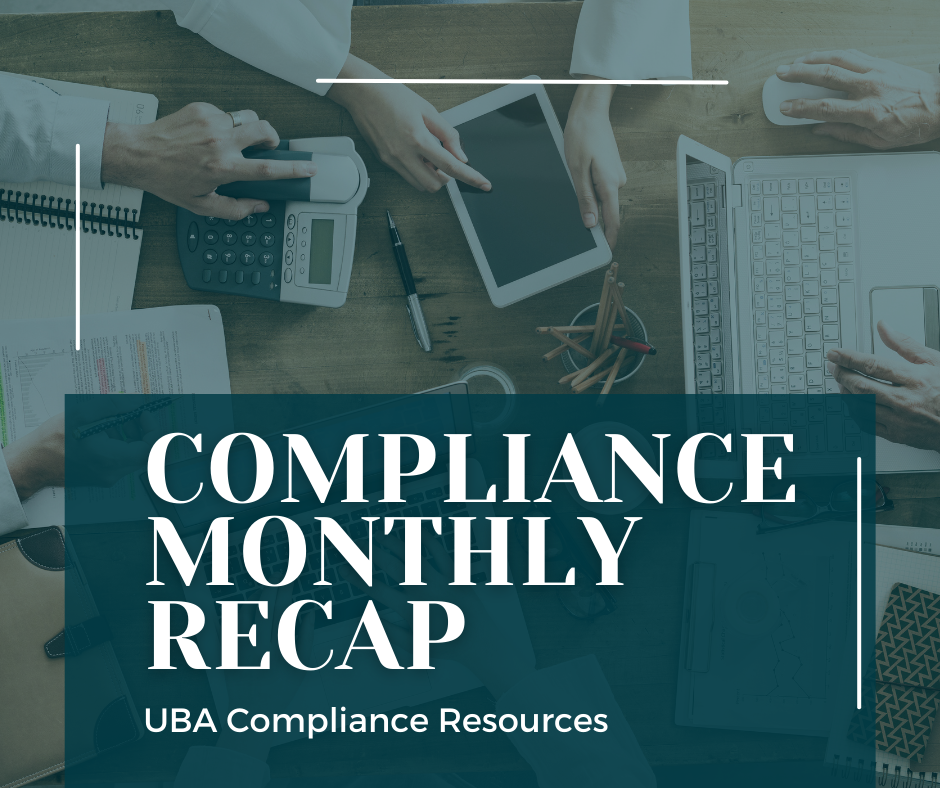Blog

2026 ACA Reporting Guide: Key Deadlines and Compliance Requirements
Employers must prepare for Affordable Care Act (ACA) reporting covering the 2025 calendar year. Staying ahead of these deadlines is critical for Applicable Large Employers (ALEs) and providers of self-insured health plans. Who is Required to Report? Reporting obligations under Internal Revenue Code Sections 6055 and 6056 fall into two main categories: Self-Insured Health Plan…

Educating Your Workforce: Unlocking the Power of Voluntary Benefits
Offering voluntary benefits is an excellent way to strengthen your overall benefits package, stand out from competitors, and enhance employee satisfaction—all with minimal impact on your budget. However, while employers often provide a wide range of voluntary benefits designed to offer value and convenience, many employees may not fully understand what these benefits are or…

Pulse Check: 4 Simple Ways to Boost Your Heart Health
February is often filled with symbols of love, but it’s also the perfect time to focus on the most important heart of all—your own. American Heart Month serves as a vital reminder that cardiovascular health is the foundation of a long, vibrant life. Heart disease remains a leading health challenge globally, but the good news…

Compliance Guide: New 2026 Rules for HSA Expansion
The One Big Beautiful Bill Act (OBBBA) was signed into law on July 4, 2025, introducing significant updates to Health Savings Accounts (HSAs). Following this, the IRS released Notice 2026-5 to provide specific guidance on how these changes expand HSA eligibility and usage. The OBBBA broadens HSA availability through the following key provisions: 1. Permanent…

Taking Charge: A Guide to Health Literacy
Building your health care literacy is one of the most powerful ways to take control of your well-being. Health literacy refers to your ability to locate, understand, and apply health information when making decisions about your care. Whether it’s interpreting medical terms or navigating complicated insurance options, strong health literacy can ease stress, prevent confusion,…

Educating Employees on Increasing Healthcare Costs
Health care costs in the United States continue to rise, increasing pressure on both employers and employees. Organizations that provide health benefits must balance growing expenses with transparency and trust from their workforce. Clear, compassionate communication is key to helping employees understand and navigate these rising costs. Consider these strategies: Craft messaging that is clear,…

Employee Benefit Trends for 2026
In our increasingly busy world, employee expectations are accelerating faster than ever before. A five-year-old benefits strategy simply cannot meet the complex, constant pressures workers face in 2026—be it financial stress, burnout, or caregiving responsibilities. The modern workforce is rejecting generic menus in favor of flexibility, strong financial support, and wellness options that align with…

How to Make the Most Out of Your HSA in 2026
A Health Savings Account (HSA) is a tax-advantaged savings account designed to help you pay for healthcare expenses. It offers valuable benefits now and in the future — from lowering your current healthcare costs to building long-term savings for retirement. Understand the Basics Triple Tax Advantage: HSAs provide three powerful tax benefits — contributions are…

IRS Increases PCORI Fee Rate
The Internal Revenue Service (IRS) has issued Notice 2025-61, announcing a significant increase to the Patient-Centered Outcomes Research Institute (PCORI) fee amount. Employers with self-insured health plans and health insurance issuers must take note of the new rate and upcoming compliance deadlines. What is the New PCORI Fee Amount? The PCORI fee is increasing to…

Compliance Recap | November 2025
THE ANNUAL GAG CLAUSE ATTESTATION DUE DEC. 31, 2025 Under the rules adopted by Congress in the Consolidated Appropriations Act, 2021 (CAA), group health plans and health insurance issuers of both fully insured and self-funded plans must certify that their contracts with providers, networks, third-party administrators (TPAs), pharmacy benefit managers (PBMs), or other service providers…








